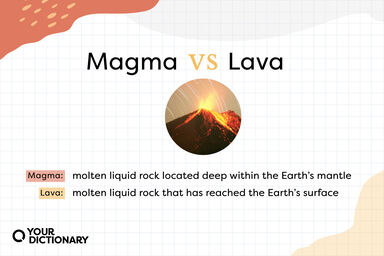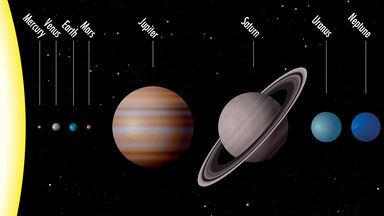Rock-roll Definition
(intransitive) To move gently back and forth.
(intransitive) To sway or tilt violently back and forth.
To disturb the emotional equilibrium of; to distress; to greatly impact (most often positively).
Origin of Rock-roll
-
From Middle English rocke, rokke (“rock formation”), from Old English *rocc (“rock”), as in Old English stānrocc (“high stone rock, peak, obelisk”), and also later from Anglo-Norman, Old Northern French roc, roce, roque (compare Modern French roche, from Old French), from Medieval Latin rocca (attested 767), from Vulgar Latin *rocca, of uncertain origin, sometimes said to be of Celtic (Gaulish) origin (compare Breton roch).
From Wiktionary
-
From Middle English rokken, from Old English roccian, from Proto-Germanic *rukkōną (compare obsolete Dutch (Holland) rokken, Middle High German rocken ‘to drag, jerk’, Icelandic rukka ‘to yank’), from *rugnōną, from Proto-Indo-European *h₃ruk-néh₂-, from *h₃runk- (compare Latin runcāre (“to weed”), Latvian rũķēt (“to toss, dig”)).
From Wiktionary
From Middle English rok, rocke , rokke, perhaps from Middle Dutch rocke (whence Dutch rok), Middle Low German rocken, or Old Norse rokkr (whence Icelandic / Faroese rokkur, Danish rok, Swedish spinnrock (“spinning wheel”)). Cognate with Old High German rocko (“distaff”).
From Wiktionary
-
Shortened from rock and roll. Since the meaning of rock has adapted to mean a simpler, more modern, metal-like genre, rock and roll has generally been left referring to earlier forms such as that of the 1950s, notably more swing-oriented style.
From Wiktionary
Find Similar Words
Find similar words to rock-roll using the buttons below.





